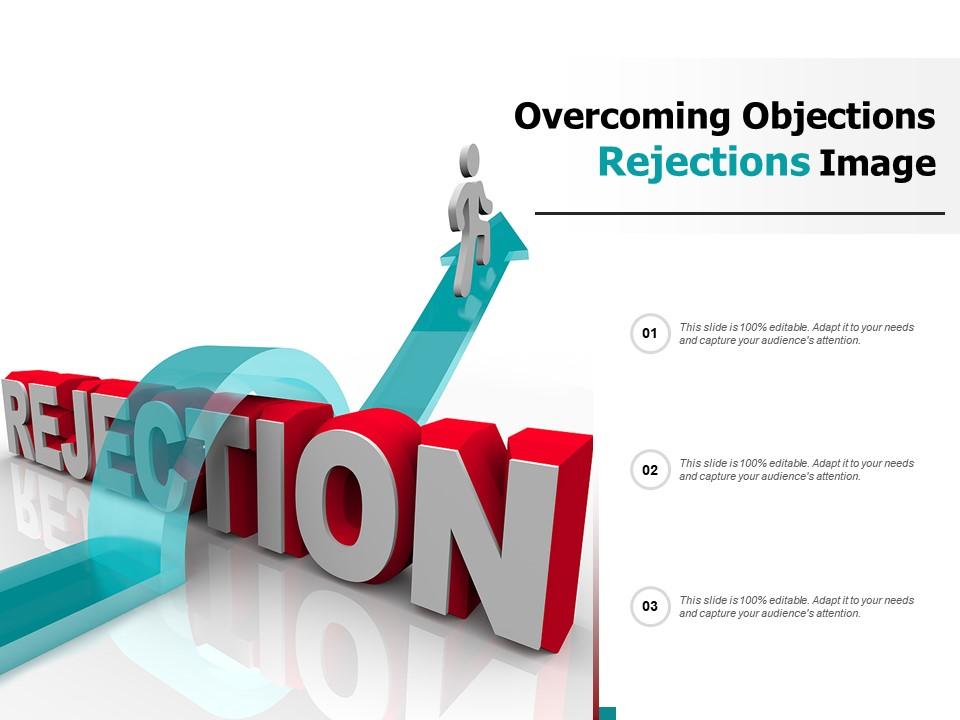
Visa application rejections are a frustrating part of the travel planning process. Whether it’s a lack of sufficient funds, a perceived risk to national security, or insufficient supporting documents, rejection notices can throw a wrench into your travel plans.
Navigating the complexities of visa applications can be daunting. Many factors contribute to the outcome, and rejection can be emotionally taxing. However, understanding the common causes of denial can help you strategically address these issues in future applications.
One of the most frequent reasons for visa rejection is insufficient supporting documents. Ensure your financial statements, employment history, and travel itinerary are meticulously documented and accurately reflect your intentions and capabilities. Be prepared to demonstrate a strong connection to your home country, such as bank statements, property ownership, or extensive family ties.
A significant aspect of visa application success is presenting a compelling narrative. Your application should clearly articulate your purpose for travel and how it aligns with the visa requirements. Highlight your specific reasons for visiting the destination and showcase your strong ties to your home country. Avoid vague or generic statements; instead, provide concrete examples supporting your claim.
Another common pitfall is inadequate preparation for the visa interview. If an interview is required, thoroughly research the embassy or consulate’s procedures and expectations. Anticipate potential questions and rehearse your answers. Project confidence, and maintain a professional demeanor throughout the interaction. Being truthful and upfront is crucial.
Visa rejection doesn’t mean your travel aspirations are extinguished. Explore alternative visa options tailored to your specific travel needs. Different visa types exist for various purposes, from tourism to work or study. Research different options and determine which might better suit your circumstances.
Once you’ve decided on your travel dates, diligent hotel booking is essential. Use reputable travel agencies or online platforms for secure and reliable bookings. Compare prices across different hotels to find the most suitable option for your budget and preferences. Read reviews to get an idea of the hotel’s facilities and reputation.
Crucial pre-travel considerations include reviewing visa application guidelines and required documents, checking local laws and regulations, and confirming any needed vaccinations or health precautions. Being informed will help you minimize potential problems while abroad.
If rejection is unavoidable, attempt to understand the specific reasons behind the denial. Thoroughly analyze the official notification letter and try to pinpoint areas for improvement. This crucial step allows you to address any concerns in subsequent applications.
Visa application rejection doesn’t signify failure but rather an opportunity for refinement. By learning from your mistakes and proactively addressing areas of improvement, you can significantly enhance your chances of successful future applications. This preparation can also inform your travel plans and ensure you are well-equipped to handle the process from start to finish, minimizing anxiety and maximizing your enjoyment of the trip itself. Hotel planning becomes easier when your visa application process is smooth and efficient, and vice-versa—a carefully planned hotel stay contributes to a more relaxed and productive overall travel experience.
Visa application rejections can be disheartening, but they don’t have to be the end of the line. By understanding potential pitfalls, meticulously addressing shortcomings in your application, and exploring alternative visa options, you can dramatically increase your chances of success. With meticulous preparation and a proactive approach, you can achieve your travel goals. Remember to always stay informed and consult with relevant authorities for the most up-to-date information.